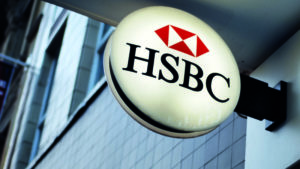“The panic-like selling of Volkswagen bonds provides good entry levels for risk-friendly investors,” said Roman Canziani, fixed income analyst. “At current spreads, up to 300 bps for some bonds of the entity issuing in the US, we believe, a lot of negative news has been priced-in. We advise to wait until we get a clearer picture regarding the impact of the scandal on the economic health of the company.”
“While it is obviously difficult to quantify the impact of the scandal on Volkswagen’s balance sheet at this stage, we believe that the correction in the company’s bond prices has been overdone,”Canziani added. “Although we share the market’s fundamental concerns regarding Volkswagen’s exposure to emerging markets and specifically China to a certain extent, we believe, outstanding bonds provide relative value to risk-friendly investors at current beaten-down prices.”
It is of course not only Volkswagen which is being effected by the scandal, with automotives as a sector being drawn in.
“The emission scandal with Volkswagen in the epicentre has sent risk premiums for the automotive sector spiraling,” said Canziani. “According to Bank of America Merrill Lynch data, average credit spreads in the USD automotive sector have widened to 137 basis points from 100 at the end of July; in the EUR area the spread increase has been even more accentuated with a rise of roughly 50 points to 146 points since the beginning of Q3.”
“The biggest losers in our investment universe in the automotive sector over the last few days have been Volkswagen, Fiat Chrysler, BMW and Daimler,” Canziani continued. “Volkswagen bonds have corrected the most and trade now at levels in line with a very low-investment-grade rating, therefore implying multi-notch downgrades by the rating agencies.”







